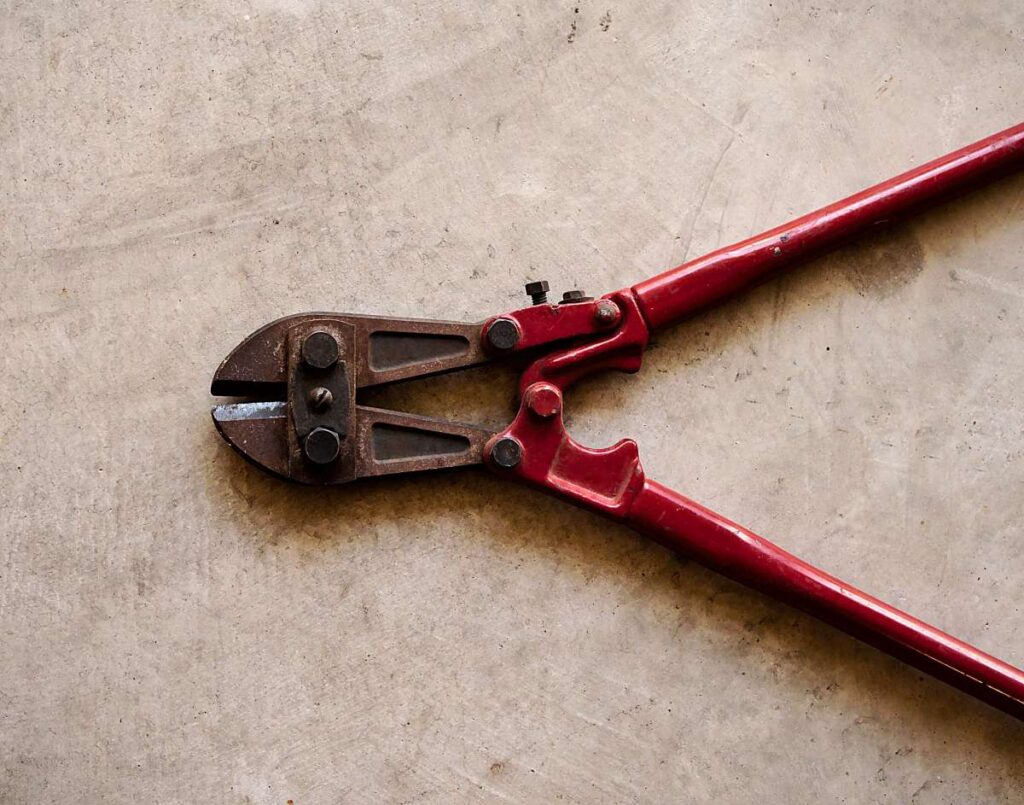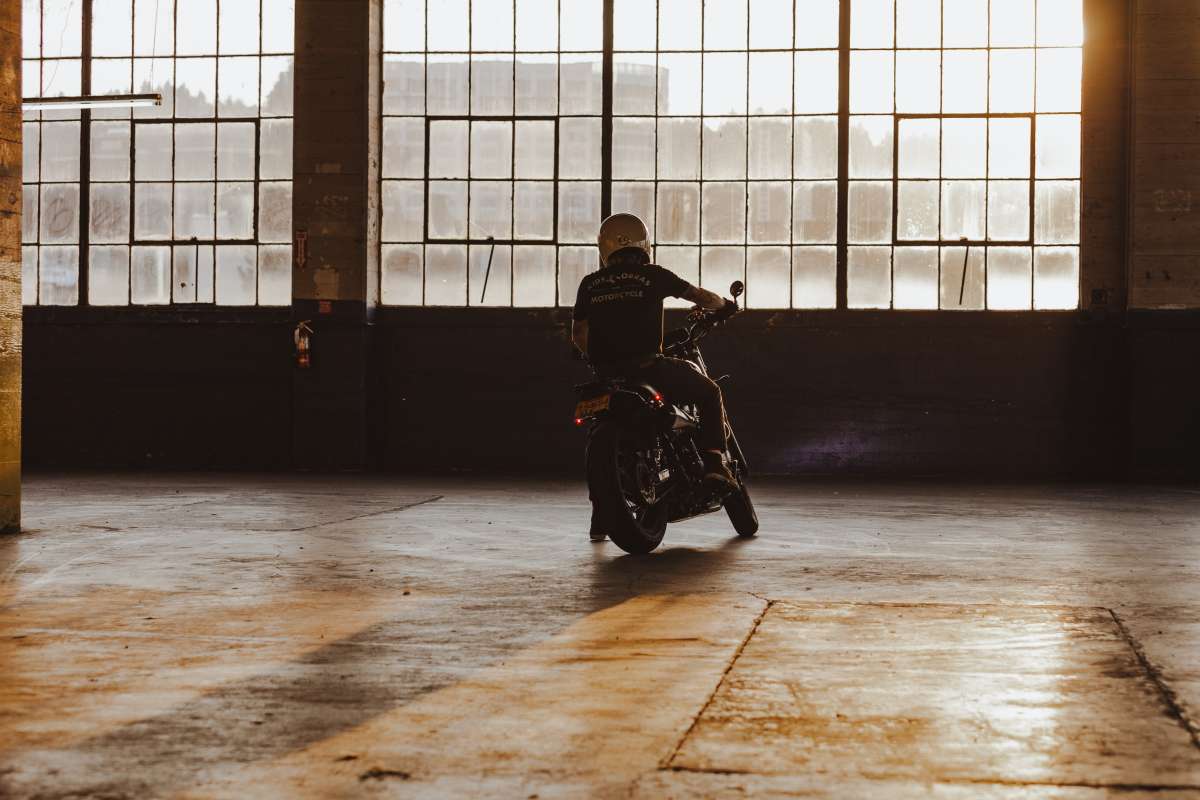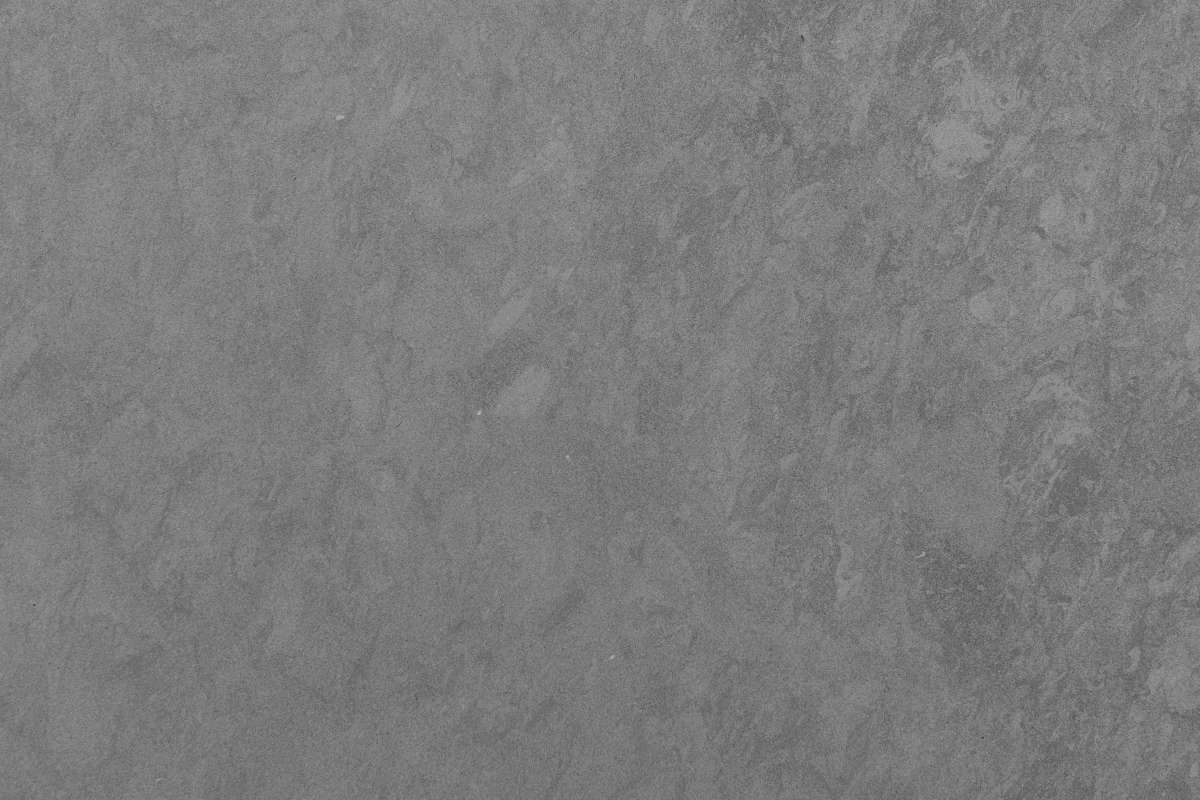We all love our garages. They are the perfect space to store our cars and work on them or a little project that needs some elbow grease.
However, they can also be smelly and dirty if we aren’t careful about what goes on the floor. One of the best ways to keep your garage clean is with epoxy coating in place of paint or sealant! A storage solution from Garage Storage Solutions can transform your garage into a social focal point for visitors with a modern look.
Polished Concrete Vs. Epoxy Floor: What’s The Best Choice?
When deciding between polished concrete vs. epoxy floor, what’s the best choice for your home, commercial space, or other property?
It can be tough to decide since there are several different factors to take into consideration.
Many contractors, business owners, and property managers know they would like something low-maintenance, long-lasting and durable that will enhance the style and appeal of their space. Still, beyond that, they may have a tough time determining whether polished concrete or epoxy flooring is the best choice for their particular needs.
The decision primarily comes down to two factors: your budget and how your space will be used.
Suppose cost is the primary driving factor in making your decision. In that case, you’ll probably choose polished concrete because this can represent as little as half of the investment when applying an epoxy coating.
Business owners and property managers often opt for polished concrete when the surface is only subject to light or medium use.
This is why you usually see polished concrete in homes, offices, retail spaces, and other settings subject to mostly foot traffic.
For facilities that require a chemically resistant surface that can withstand exposure to dangerous substances and the kind of wear and tear that heavy machinery can have on flooring, epoxy is often the best choice.
Because of the demands in these settings, epoxy surfaces may require refurbishment every three to five years, whereas polished concrete floors may only need to be serviced every ten years.
Epoxy coatings are highly versatile, so they can be customised to fit your needs.
Given these considerations, you are more likely to see epoxy in garages (both commercial and residential), fitness facilities, car dealerships, food processing plants, and a wide array of other industrial settings.
Since polished concrete and epoxy coatings each come with their own unique merits and qualities, determining which might be the best choice for your space depends on having a thorough understanding of both options.
Let’s explore these concrete flooring alternatives to understand better which one might be the best choice for your particular needs.
Epoxy Flooring
Concrete floors professionally finished with an epoxy coating are a fantastic choice for those looking for an attractive solution that is durable, low-cost, and, most importantly, safe.
Epoxy floors are topped with a specially engineered coating that consists of a hardener and resin. When applied to concrete, the mixture forms a tough, chemical-resistant surface that’s strong enough to withstand just about any set of demands.
Because epoxy is so durable, it’s the ideal solution for spaces that are likely to endure water or chemical spills, heavy foot traffic, machinery traffic, and other activities that would break down less sturdy flooring options.
Beyond its unparalleled durability, epoxy offers the following benefits:
- Reduced allergens and mould
- High aesthetic appeal with ample opportunity for customisation
- Extremely versatile and suitable for use both inside and outside
- Increased light reflectivity by up to 300 per cent
- Environmentally-friendly
- Long lifespan
- Next to no maintenance aside from basic regular cleaning
- Slip-resistant
Before you jump on the epoxy bandwagon, it’s worth noting that this specialised flooring solution requires expert installation.
If you are tempted to go the DIY route, be warned: you may not experience the benefits listed above. Improperly installed epoxy can be brittle and prone to cracking and won’t provide the level of toughness and durability you expect.
If you choose epoxy, you must invest in professional installation.
Epoxy Concrete Floor: Built For Durability
For commercial and industrial settings, along with some spaces within residential properties, concrete finished with an epoxy coating is an excellent choice for an attractive flooring choice that is durable and affordable.
Epoxy coatings consist of a hardener and a resin that creates a strong, chemically resistant surface that can withstand nearly any set of demands when mixed and applied to the concrete.
This innate durability makes epoxy concrete floors perfect for spaces that are likely to encounter water or chemical spills, lots of heavy foot or machinery traffic or other substances and activities that would break down a less durable flooring choice.
While most applications are commercial, some garages in homes have these types of floors.
Epoxy can also be an excellent choice in other types of facilities where it is important to reduce mould, mites, and allergens, all of which can increase much more easily in carpeting than on hard, easy-to-clean concrete.
There are many other benefits to an epoxy concrete floor, whether installed in a residential, commercial, or industrial space. For example, epoxy concrete floors can have a high aesthetic appeal.
Depending on the desired style, they can impart a modern or classic feel and can complement a space with an appearance that is industrial, luxurious, or anything in between.
In short, epoxy concrete floors are extremely versatile and almost infinitely customisable.
Best of all, they are an environmentally friendly choice in several ways; for example, they increase light reflectivity by up to 300%, which means you can reduce the wattage or number of lights in your facility and save on your electricity bill.
Whether you are looking for an indoor or outdoor flooring solution, an epoxy-coated concrete floor can be an excellent choice for your needs.
In heavy-traffic facilities like manufacturing plants, warehouses, showrooms, hospitals, and even aeroplane hangars, epoxy floors can stand up to the tough wear and tear that comes with these industries.
Epoxy floors can last for decades with normal to heavy use, and they don’t require special maintenance beyond regular cleaning.
Best of all, epoxy floors can be customised to fit the aesthetic of any space, with colours and decorative patterns that impart both beauty and utility.
Now that we’ve learned a bit about epoxy coating for concrete floors let’s take a look at other concrete floor options, including polished concrete, garage floor paint, seamless resin flooring
and more.
Polished Concrete Flooring
Polished concrete flooring is economical, attractive, and environmentally friendly, making it popular among businesses and style-savvy homeowners alike.
The smooth, lustrous look is achieved by grinding the surface of the concrete and using a polishing machine to create the desired finish, whether that be matte or a mirror-like gloss.
There are several benefits of polished concrete flooring, including:
- Low maintenance and easy care
- Reduced allergens
- Affordable
Polished concrete doesn’t come without drawbacks. Here is a couple to keep in mind:
If it is not installed and sealed correctly, it will be extremely susceptible to penetration by moisture. If liquid does make its way into the pores of the concrete, it can quickly lead to mould and mildew.
It can become extremely slippery when wet, making it a potentially risky choice for commercial and industrial premises.
Concrete flooring can be loud, like ceramic tiles and natural stone.
Polished Concrete Floor: Classic Versatility
Like epoxy flooring, polished concrete flooring is an affordable, attractive, customisable, and environmentally friendly flooring choice for many businesses, homes, industrial spaces, and other facilities.
Polished concrete is made by first grinding the surface of the concrete to remove any imperfections.
After that step is complete, a concrete polishing machine uses diamond polishing pads to create a smooth and durable surface that matches your desired sheen, whether it’s a low-lustre matte, a glossy-mirror like finish, or anything in between.
Like epoxy floors, polished concrete floors are excellent in high-traffic facilities, as well as in spaces where reducing allergens is a priority.
Polished concrete flooring uses no harsh chemicals and produces little to no toxins during installation, making it a safe and appealing option for many different types of applications.
Polished concrete also increases light reflectivity by up to 100% — not quite as much as epoxy flooring, but enough that many people still see savings on their utility bills, thanks to a reduced need for extra lighting.
Suppose you are looking for long-lasting and durable flooring, affordable to install and easy to maintain, and elegant and attractive. In that case, polished concrete floors might be an excellent choice for your home, office, retail space, or another facility.
With a wide variety of style options — including many different stain colours, scoring and banding possibilities, and other design alternatives — you can design a polished concrete floor that will impart exactly the unique atmosphere and aesthetic you want for your space. Garage Storage Solutions features an innovative wall storage system with heavy-duty sliding wall components such as hooks, garage shelving and stylish, durable steel cabinets designed to hold your gear securely and neatly in place.
Garage Floor Paint Vs. Epoxy: What’s The Best Choice For Your Space?
Are you thinking of finishing the floor in your garage for a more polished look? Aesthetically, spending your garage floor can make all the difference, but you have to keep in mind that garage floors take plenty of abuse from everything that goes on in the garage.
This might include both foot and vehicle traffic, as well as regular scuffing from home gym equipment and lawn maintenance and home improvement tools, not to mention occasional chemical spills.
If you weigh out the pros and cons of garage floor paint vs. epoxy coating, you’ll have to assess exactly how much and what type of traffic and abuse your garage floor’s finish will need to withstand.
You’ll also need to decide whether you’d like your garage floor to have certain qualities, like being slip-resistant.
People who choose to apply garage floor paint, or concrete paint, often do so based on the low cost and relative ease of concrete paint compared with using an epoxy finish.
Garage floor paint rolls on as easily as wall paint. In a low-traffic garage where woodworking, home improvement, and other similar activities aren’t a factor, it can generally hold up well over the short term. It’s also simple enough to retouch when needed.
Epoxy is a better choice for garages that see more activity and different types of traffic, as tools, weights, car parts, and more can all do significant damage to the finish on a painted concrete floor.
On the other hand, epoxy coating is one of the most durable finishes there is for concrete. Epoxy concrete floors can also be customised with colour, design, and other decorative qualities to make your garage floor stand out as a unique and attractive space.
Epoxy paint for garage flooring is somewhat more expensive than regular concrete paint. In addition, the labour associated with its application is a bit more intensive, especially since proper prepping of the floor is essential before the epoxy can be applied.
But epoxy will last far longer than regular garage floor paint, making it a better choice for many people’s needs.
Is Seamless Resin Flooring Any Different?
The term “seamless resin flooring” is an umbrella term referring to a group of flooring materials that offer both affordability and long-term durability.
Epoxy is one type of seamless, resin-based flooring material; two other types are polyurethane and methyl methacrylate (MMA).
Of these three, epoxy has traditionally been the most common and popular for commercial and industrial facilities and even for private residences, largely because of its design versatility; there is a wide variety of colour and other style options available when installing epoxy flooring.
Polyurethane and MMA are also customisable, however, and each type of seamless resin flooring comes with its pros and cons.
All three types of seamless resin flooring offer functional and durable flooring easy to clean and maintain.
Polyurethane flooring can also withstand extreme and rapid temperature changes without cracking, and MMA floors can be installed quickly, even in very low-temperature conditions.
Concrete Look Epoxy Flooring
Do you want the clean look of polished concrete with the added protection that an epoxy coating can provide? Ultimately, there is no way to make epoxy look like concrete.
In most cases, an epoxy floor looks like a surface that’s been painted over, although, of course, epoxy offers many more benefits than paint.
That said, you can choose to apply a clear epoxy coating over concrete to maintain the appearance of concrete while getting the durability you might need out of your floor.
Polyurea Vs Epoxy: Comparing Concrete Floor Coating Options
Epoxy Floor Coatings
An epoxy paint coating is more of glue than a type of paint. That said, these coatings often look like paint and come in various colours, just like paint.
Also, like paint, epoxy coatings aren’t just meant to make your floor look fresh and bright but to protect its surface from all kinds of damage.
Concrete floors are susceptible to impact, water, chemical, vapour transmission, thermal shock, and much more.
A proper, thick epoxy coating job will strongly adhere to the concrete and keep these various forms of damage at bay.
Not all concrete floor paint is the same, of course. Without getting too deep in the weeds, epoxy coatings come in three main types: water-based, solvent-based, and 100% solids.
As you might have guessed, 100% solid epoxy is the thickest, most durable, and most expensive option, while the other two types are a bit cheaper, thinner, and less stable, though they still get the job done if installed properly.
On that note of installation, epoxy floor coatings are relatively easy to apply, and it only takes professionals about a day (or less) to get the job done.
Depending on the size of your floor and the type of epoxy coating, it may take another day or a couple of days for the coat to dry and cure however completely.
Polyurea Floor Coatings
While serving the same purpose as epoxy floor coatings, polyurea coatings have distinct advantages and a few drawbacks of their own.
Polyurea is a flexible, synthetic material used for several products and purposes, lining tanks and trucks.
The material is just as useful for concrete floors. It quickly and strongly bonds to concrete while providing a smooth, virtually impermeable surface that protects the foot from impact, water damage, chemicals, heat, and sunlight.
In terms of overall durability and flexibility, polyurea wins over even the strongest epoxy material.
Because it’s so flexible, the material can move with the concrete when major shifts in weight or temperature. But, of course, all of this durability comes at a cost, and polyurea coatings are typically more expensive than their epoxy counterparts.
As far as installation goes, polyuria causes extremely quickly, which can be good or bad, depending on your perspective.
If you don’t know what you’re doing, it’s easy to make a mistake and risk needing to undo your progress and start again (which is costly).
That’s why it’s best to hire a professional contractor with experience in polyurea floor coatings. They’ll get the job done quickly and properly so you can enjoy your new, durable floor.
Polyurea Vs Epoxy: Which Is Better?
Every contractor you ask will probably give you a slightly different answer to this question. It’s a subjective matter since other customers require different solutions for their unique floor and situation.
Many factors are in play, such as floor type and function, budgetary concerns, aesthetic preference, and much more.
Conclusion
In conclusion, the best garage floor paint for you may depend on what type of surface you have and how much time or money you want to spend.
If your garage floor is a concrete slab that needs protection from heavy-duty abuse, an epoxy coating might be the right choice.
The polyurea coatings are less expensive but not as durable in most cases. Garage floors can still get worn down after years of use, no matter which protective finish is used, so keep this in mind when choosing between these options! Can I find garage storage cabinets to match my style? Absolutely! Even the cabinets in the garage should reflect your unique tastes and style. Garage Storage Solutions offers stylish storage in a variety of materials and finishes.


